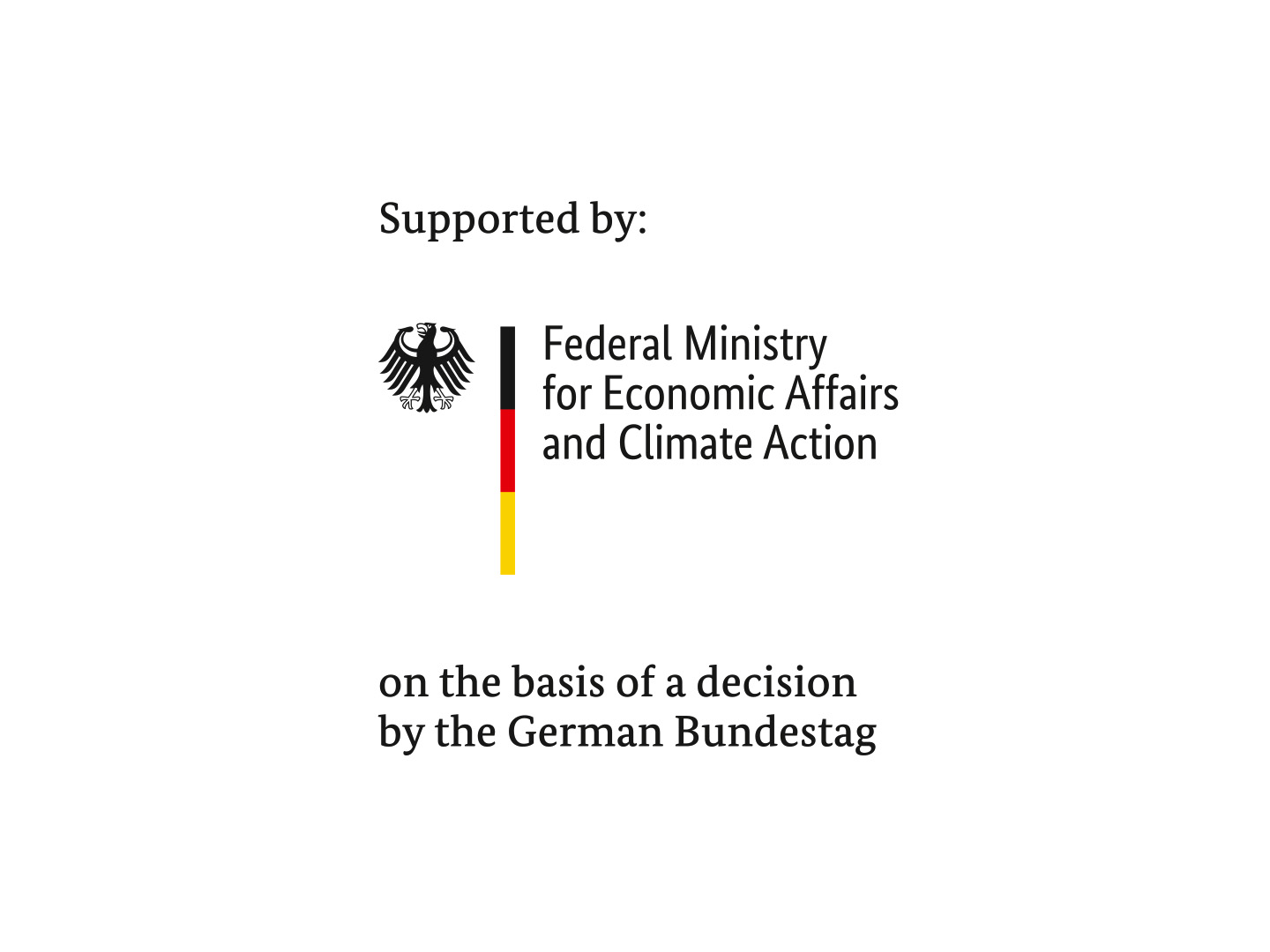Project objectives: Efficient material utilization and functional integration
The materials used in aircraft construction must meet high requirements. In the "RAFINESS" project, Fraunhofer UMSICHT has developed a bio-based material that is specially designed for use in aircraft construction. It is characterized by good impact strength, flame resistance, and high temperature stability. The overall goal of the project was to print the novel material in and on a lightweight honeycomb panel using robot-guided additive manufacturing (RAM). Additive manufacturing ensures that the material is applied precisely where it is needed. This enables efficient use of the material and functional integrations that contribute to reducing the quantity and variety of materials used.
 Fraunhofer Institute for Environmental, Safety and Energy Technology UMSICHT
Fraunhofer Institute for Environmental, Safety and Energy Technology UMSICHT